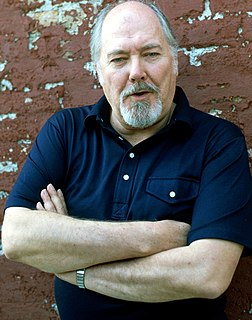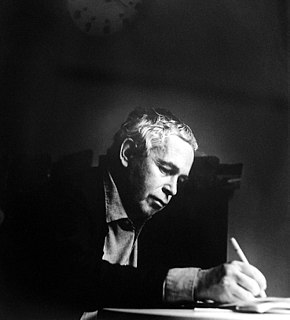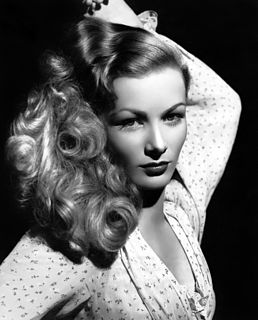A Quote by Robert Altman
If something works for you, you continue to do it. I did a bunch of pictures for 20th Century Fox when Alan Ladd was over there, but I set the budgets so low that they'd approve and I'd deliver the film. They would have no say in it, which is the kind of arrangement I liked.
Related Quotes
The different American experience of the 20th Century is crucial because the lesson of the century for Europe, which essentially is that the human condition is tragic, led it to have a build a welfare system and a set of laws and social arrangements that are more prophylactic than idealistic. It's not about building perfect futures; it's about preventing terrible pasts. I think that is something that Europeans in the second half of the 20th century knew in their bones and Americans never did, and it's one of the big differences between the two Western cultures.
We did our best to do a Fox show, frankly, I don't think the difficulties we had at Fox would be exclusive to Fox. It's tough to be funny, because there's so many eyeballs and there's so much money at stake that I think everything is just kind of over-thought. And it's tough to be daring and do something different, either with regards to content or even structure.
D-Day represents the greatest achievement of the american people and system in the 20th century. It was the pivot point of the 20th century. It was the day on which the decision was made as to who was going to rule in this world in the second half of the 20th century. Is it going to be Nazism, is it going to be communism, or are the democracies going to prevail?
That was Robert Aldrich. And that [Emperor Of The North] was one of the only times I actually got a part in a movie in the conventional way: The role was there, I auditioned, I auditioned again, and then I actually did a full-fledged screen test, which they shot on a soundstage on the lot at 20th Century Fox. They put up a set, and Robert Aldrich actually directed me in this screen test.
A dining club which I was involved in at Oxford University invited Sir Isaiah Berlin to dinner, who I believe was probably the greatest liberal philosopher in the 20th century. I sat beside him and we spoke about liberal philosophy and the events of the 20th century all night over dinner - it was unforgettable!
Alan Ladd was a marvelous person in his simplicity. In so many ways we were kindred spirits. We both were professionally conceived through Hollywood's search for box office and the types to insure the box office. And we were both little people. Alan wasn't as short as most people believe. It was true that in certain films Alan would climb a small platform or the girl worked in a slit trench. We had no such problems together.





































